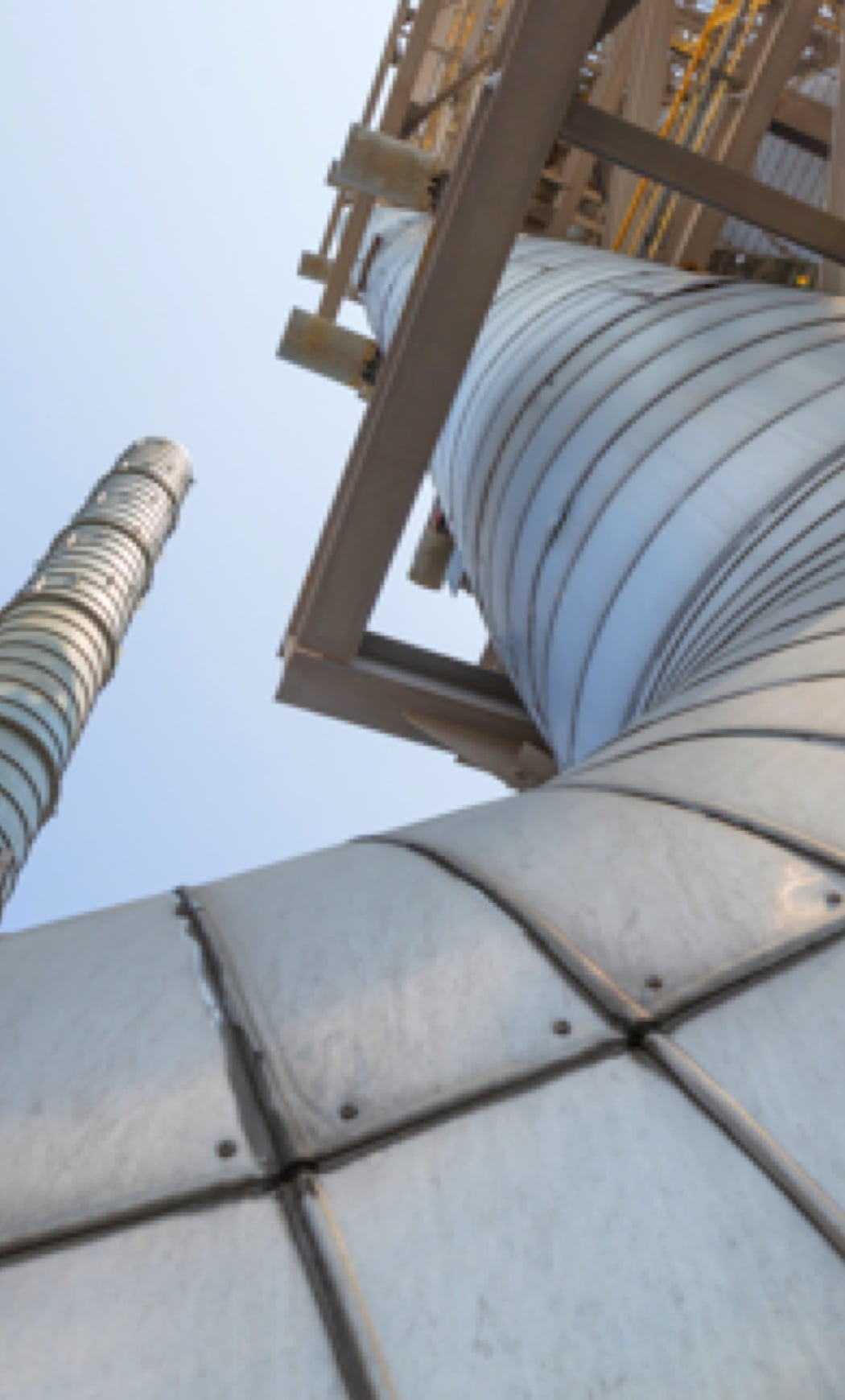By Philippe Ducom, President, ExxonMobil Europe
When people ask me what I do, I usually fall back on the easy answer of ‘I’m an engineer’. What that really means is my work is about finding solutions. That’s what we engineers do: we use our technical expertise to enhance products and processes, develop novel technologies, and try to find solutions to complex challenges. Let’s take the challenge of plastic waste as an example.
The challenge of plastic waste
Plastics are the building blocks for many of the products we use in our everyday lives. From the tracks on which Olympic athletes pursue new records, to the shoes, clothing and safety equipment they wear, modern sports rely on plastics. From simple cables to smartphones to household appliances, many devices we use every day rely on innovative new plastics.
Plastics are also critical components to many life-saving products in the medical industry, including face masks, shields and gowns for medical professionals treating patients with COVID-19 and other medical conditions. These are just a few examples.
Yet, at least 3 billion people worldwide lack access to controlled waste disposal facilities. As a result, a significant amount of solid waste – including, but not limited to, plastic – leaks into the environment. Plastic’s full potential cannot be captured if it ends up in the oceans or in the environment.
I share society’s concern about plastic waste in the environment. It must be addressed! Plastics have value throughout their lifecycle, including at end of life. This is where the engineers come in: we use our technical expertise, our creative application of scientific principles and new technologies to try to capture the full value of plastics.
Providing a valuable outlet for plastic waste is a way to incentivize its collection and sorting, but technology solutions are required to maximize that value. I’m talking about innovative technologies like advanced recycling, which breaks down plastic waste to its molecular building blocks, then recombines them to make recycled plastic that is equivalent to new plastic.
But engineering is more than just developing technologies. Let me explain, using two ExxonMobil-related examples: Atando Cabos and the Alliance to End Plastic Waste.
Atando Cabos
In the Patagonia region of Argentina, discarded plastic fishing ropes were contaminating beaches. Several groups came together and launched the Atando Cabos project with a simple goal: collect the ropes and recycle them into high-quality products. But what often sounds simple isn’t as simple in reality. The clean-up crews discovered the ropes were made of two incompatible materials that wouldn’t mix and couldn’t be separated. That’s when ExxonMobil stepped in.
We collaborated with Atando Cabos and found that adding our Vistamaxx™ performance polymers to the mix made the materials in the rope compatible and fully recyclable. Now, the discarded ropes are being turned into high-quality end products such as crates. In just one year, more than 1,000 tons of rope have been recycled this way.
The Alliance to End Plastic Waste
ExxonMobil is a founding member of the Alliance to End Plastic Waste, which is focused on developing safe, scalable and economically viable solutions to help end plastic waste in the environment. Its membership has grown to include nearly 50 organizations from all over the world, representing the chemical industry, waste management companies and consumer brands. The Alliance aims to accelerate additional investment by proving the effectiveness of these solutions, particularly in markets with the highest levels of plastic waste.
Working Together
At ExxonMobil, we acknowledge the challenge of plastic waste in the environment, and we are taking actions to help address it by increasing plastic recyclability, supporting improvements in plastic waste recovery, and working on technological solutions. To be successful in addressing this challenge, it is essential for industry, governments, consumers and others to work collaboratively to ensure the appropriate collection, sorting, recycling and recovery of plastic products. Every part of the value chain will need to focus on what they do best. For us, a company of engineers and scientists, this means providing practical solutions, using our technical expertise and experience – something we have been doing successfully for more than 135 years.
I’m convinced that if we all work together, we can make the pieces of the puzzle fit. We can continue to enjoy the benefits of plastics while preventing the leakage of plastic waste in the environment.



